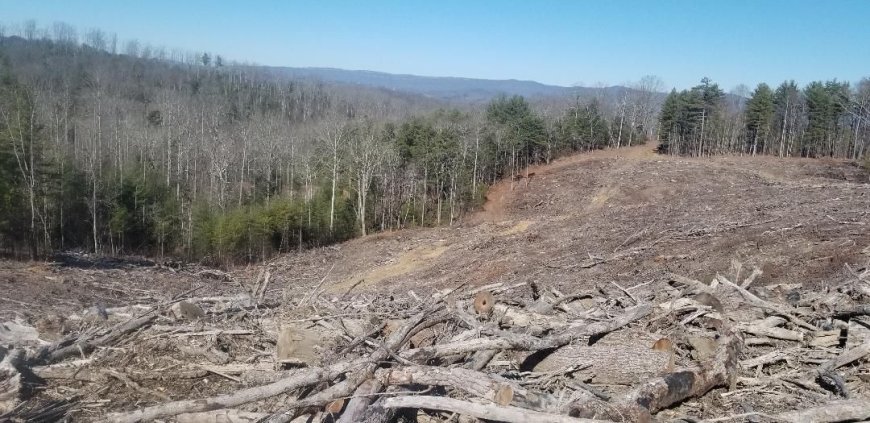Logging threatens a scientific research area in Franklin State Forest


Logging threatens a scientific research area in Franklin State Forest
The Tennessee Department of Agriculture is developing a plan to sell timber from the Franklin State Forest on the Cumberland Plateau. This decision poses a significant threat to the preservation of the forest’s unique ecosystem and jeopardizes ongoing scientific research in the area.
Sustainable Development Goals (SDGs)
The logging activities in Franklin State Forest directly contradict several Sustainable Development Goals (SDGs) set by the United Nations. These goals include:
- Goal 15: Life on Land – Protect, restore, and promote sustainable use of terrestrial ecosystems, sustainably manage forests, combat desertification, and halt and reverse land degradation and biodiversity loss.
- Goal 13: Climate Action – Take urgent action to combat climate change and its impacts.
- Goal 9: Industry, Innovation, and Infrastructure – Build resilient infrastructure, promote inclusive and sustainable industrialization, and foster innovation.
By allowing logging in the Franklin State Forest, the Tennessee Department of Agriculture is undermining these global goals and contributing to environmental degradation and climate change.
The Importance of Franklin State Forest
Franklin State Forest is a designated scientific research area known for its rich biodiversity and unique ecosystem. It serves as a valuable resource for researchers studying various aspects of ecology, forestry, and climate change. The forest provides crucial habitat for numerous plant and animal species, some of which are endangered or threatened.
Furthermore, the forest plays a vital role in carbon sequestration, helping to mitigate the impacts of climate change. The trees in Franklin State Forest absorb carbon dioxide from the atmosphere, reducing greenhouse gas emissions and promoting a healthier environment.
The Threat to Scientific Research
The proposed logging plan in Franklin State Forest puts ongoing scientific research at risk. Many researchers rely on the forest’s intact ecosystem to conduct studies and collect data. Logging activities would disrupt these research efforts, potentially leading to the loss of valuable scientific knowledge and hindering progress in understanding and addressing environmental challenges.
Additionally, the destruction of the forest’s ecosystem through logging would have long-term consequences for future research opportunities. Once the unique biodiversity and ecosystem of Franklin State Forest are lost, they cannot be easily replaced or recreated.
Call for Action
It is crucial to prioritize the preservation of Franklin State Forest and align with the Sustainable Development Goals (SDGs) to ensure a sustainable and resilient future. The Tennessee Department of Agriculture should reconsider its plan to sell timber from the forest and explore alternative methods of revenue generation that do not compromise the forest’s ecological integrity and scientific value.
By protecting Franklin State Forest, we can contribute to global efforts in combating climate change, preserving biodiversity, and advancing scientific knowledge for the benefit of present and future generations.
SDGs, Targets, and Indicators
1. Which SDGs are addressed or connected to the issues highlighted in the article?
- SDG 15: Life on Land
2. What specific targets under those SDGs can be identified based on the article’s content?
- Target 15.2: By 2020, promote the implementation of sustainable management of all types of forests, halt deforestation, restore degraded forests, and substantially increase afforestation and reforestation globally.
3. Are there any indicators mentioned or implied in the article that can be used to measure progress towards the identified targets?
- No specific indicators are mentioned in the article.
SDGs, Targets, and Indicators
| SDGs | Targets | Indicators |
|---|---|---|
| SDG 15: Life on Land | Target 15.2: By 2020, promote the implementation of sustainable management of all types of forests, halt deforestation, restore degraded forests, and substantially increase afforestation and reforestation globally. | No specific indicators mentioned in the article. |
Source: wpln.org








